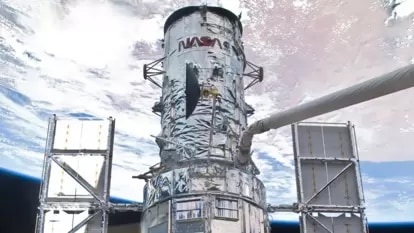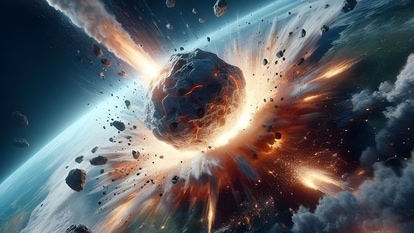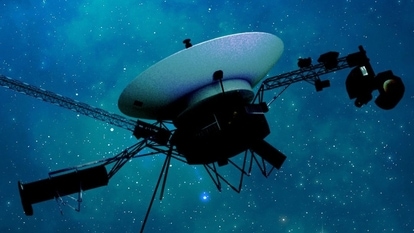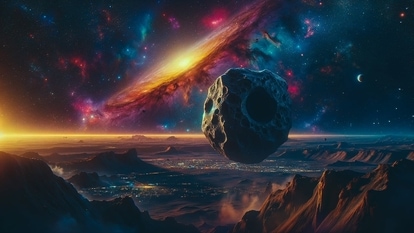In a planetary pact, China and Russia are going to launch a lunar space station
Though Moscow was once at the forefront of space travel -- it sent the first man into space -- its cosmic ambitions have dimmed thanks to poor financing and endemic corruption.
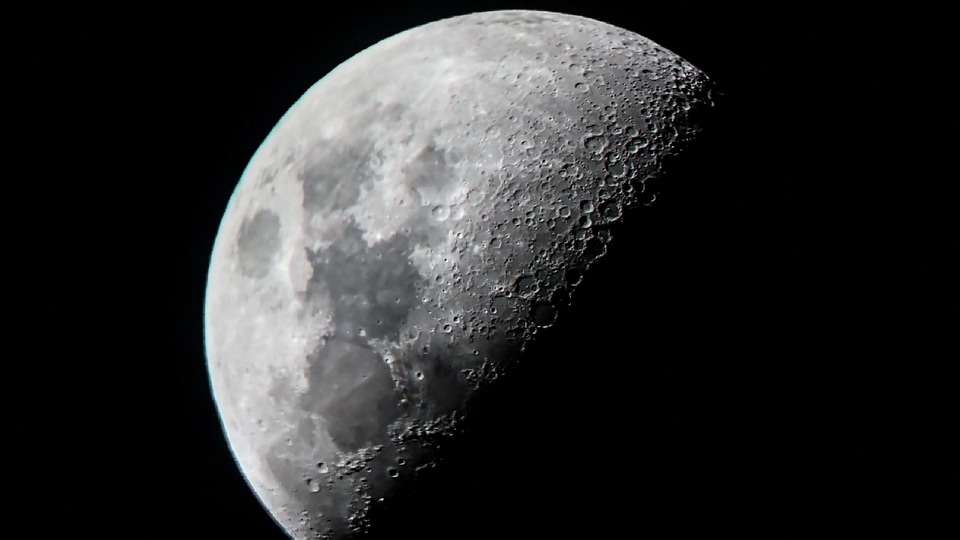

Russia and China unveiled plans Tuesday for a joint lunar space station, as Moscow seeks to recapture the glory of its space pioneering days of Soviet times, and Beijing gears up its own extraterrestrial ambitions.
Though Moscow was once at the forefront of space travel -- it sent the first man into space -- its cosmic ambitions have dimmed thanks to poor financing and endemic corruption.
It has been eclipsed by China and the United States, which have both clocked major wins in space exploration and research in recent years.
The Russian space agency Roscomos said in a statement that it had signed an agreement with China's National Space Administration (CNSA) to develop a "complex of experimental research facilities created on the surface and/or in the orbit of the Moon".
The CNSA, for its part, said that the project was "open to all interested countries and international partners" in what experts said would be China's biggest international space cooperation project to date.
Moscow is seeking to re-take the lead in the space race.
This year, it celebrates the 60th anniversary of Russia's first-ever manned space flight -- it sent Yuri Gagarin into space in 1961, followed by the first woman, Valentina Tereshkova, two years later.
By contrast, the United States' NASA only sent its first manned flight into space in 1968.
But Moscow has lagged behind both Washington and Beijing in the exploration of the Moon and Mars in recent years.
In the meantime, China -- which has sought closer partnership with Moscow -- has started a successful space programme of its own.
‘Big deal'
Last year, it launched its Tianwen-1 probe to Mars that is currently orbiting the Red Planet.
And in December, it successfully brought rock and soil samples from the Moon back to Earth, the first mission of this type in over 40 years.
Chen Lan, an independent analyst specialising in China's space programme, said the joint lunar space station was "a big deal".
"This will be the largest international space cooperation project for China, so it's significant," Lan told AFP.
Roscosmos chief Dmitry Rogozin wrote on Twitter that he had invited CNSA chief Zhang Kejian to the launch of Russia's first modern lunar lander, Luna 25, scheduled for October 1 -- the first lunar lander to be launched by Russia since 1976.
Eyes on Mars
The US space agency NASA has now set its sights on Mars, with its Perseverance rovers last week conducting their first test drive on the planet.
NASA eventually intends to conduct a possible human mission to the planet, even if planning is still at a very preliminary stage.
Moscow and Washington are also collaborating in the space sector -- one of the few areas of cooperation left between the Cold War rivals.
However, Russia did not sign the US-led Artemis Accord last year for countries that want to participate in a lunar exploration scheme spearheaded by NASA.
Under the Artemis programme announced during the tenure of former US President Donald Trump, NASA plans to land the first woman and the next man on the moon by 2024.
In another blow to Russia's space reputation, Roscosmos last year lost its monopoly for manned flights to the International Space Station (ISS) after the first successful mission of the US company Space X.
Elon Musks's Space X has become a key player in the modern space race and has announced plans to fly several members of the public to the Moon in 2023 on a trip bankrolled by a Japanese millionaire.
Space X in March also landed a prototype rocket on Mars, but it exploded on the landing pad.
Catch all the Latest Tech News, Mobile News, Laptop News, Gaming news, Wearables News , How To News, also keep up with us on Whatsapp channel,Twitter, Facebook, Google News, and Instagram. For our latest videos, subscribe to our YouTube channel.



